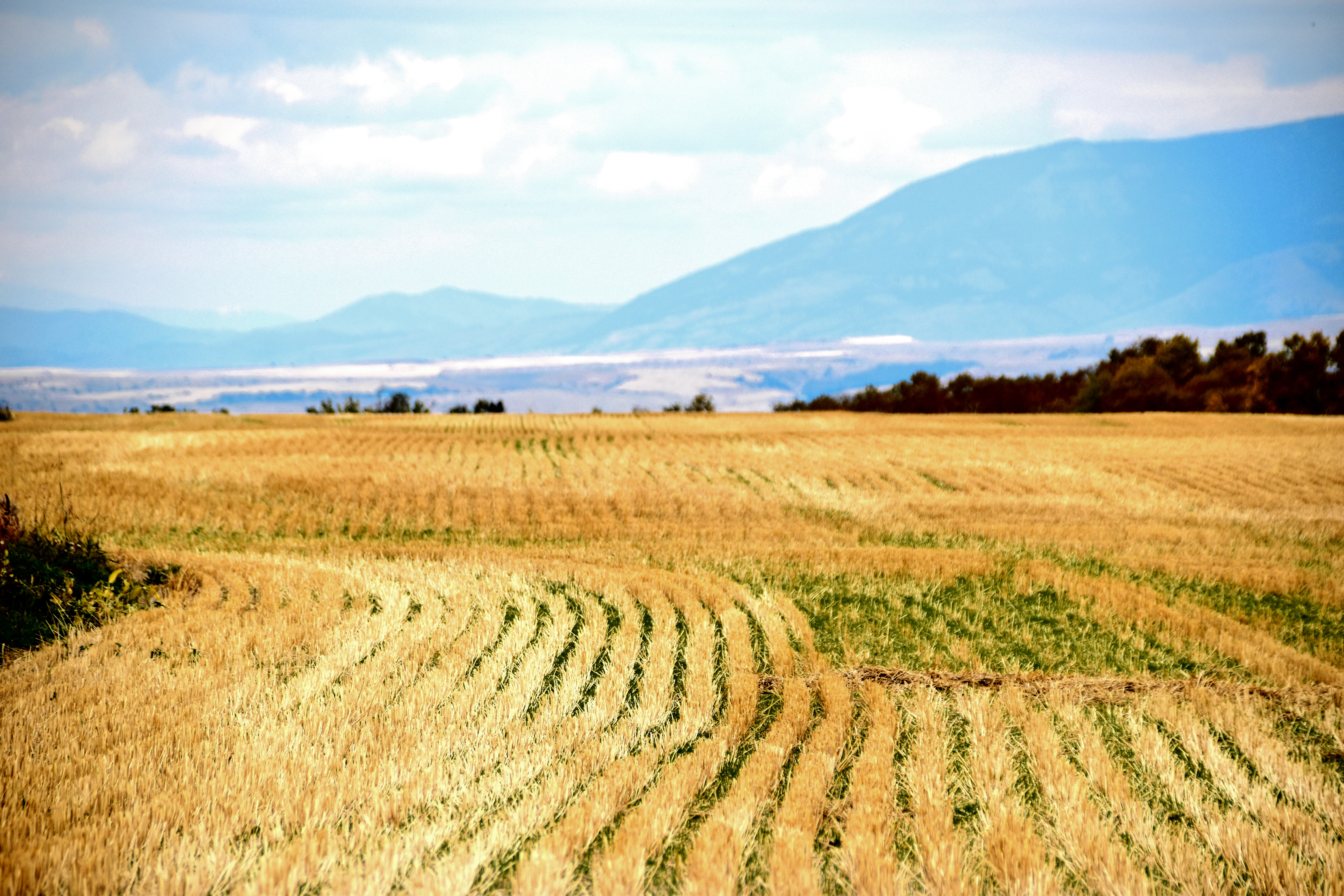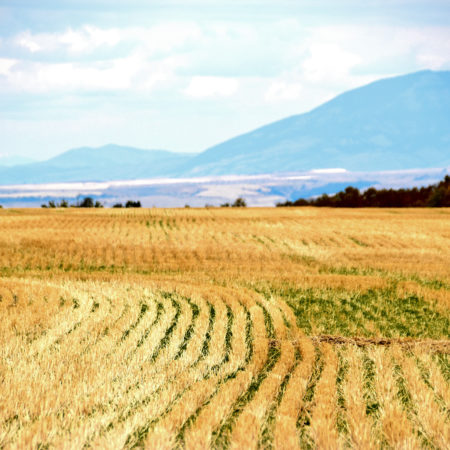
26 Feb 2020 The farming world actively joins LIFE BEWARE project activities – Coming soon
The main objective of the LIFE project “BEWARE – Better Water Management for Advancing Resilient Communities in Europe” is to implement a strategy for adaptation to climate change and flood risk in urban and rural areas, through the active involvement of local communities. Proper management of water resources and the adoption of mitigation and adaptation measures to hydrogeological risk is essential for the application of good agricultural and forestry practices. For this purpose, BEWARE project is planning a cycle of trainings directed to farmers about water management measures in agriculture.
Farmers’s representatives will meet at the technical table to evaluate solutions and opportunities for hydraulic risk mitigation. The initiative, launched by Veneto Agricoltura in collaboration with the Department of Territory and Agro-Forest Systems (TESAF) of Padua University, aims to highlight how farmers perceive hydraulic risk in all its forms. In fact, there are many aspects linked to hydraulic mitigation which are not always taken into due consideration by institutions. Just think, for example, about the issue of pollutants transported by watercourses, the problem of expropriation/occupation costs, income loss and/or direct and indirect damage caused by flooding or prolonged drought, and competition for water usage.
At the end of the trainings (4 meetings are scheduled) a position paper will be elaborated and addressed to both regional and local institutions. The conclusions drawn from the technical table will be made available for the administrators who could include them in the new Rural Development Plan preparation, in order to give effectiveness to the requests of the territory. In addition to this work, study visits will be organized to selected farms in order to get to get to know some already adopted green solutions in terms of resilience and water saving. Lastly, two evenings events will be organized to present the outcome of what has been done and receive further feedback, as part of the participatory process.



Sorry, the comment form is closed at this time.